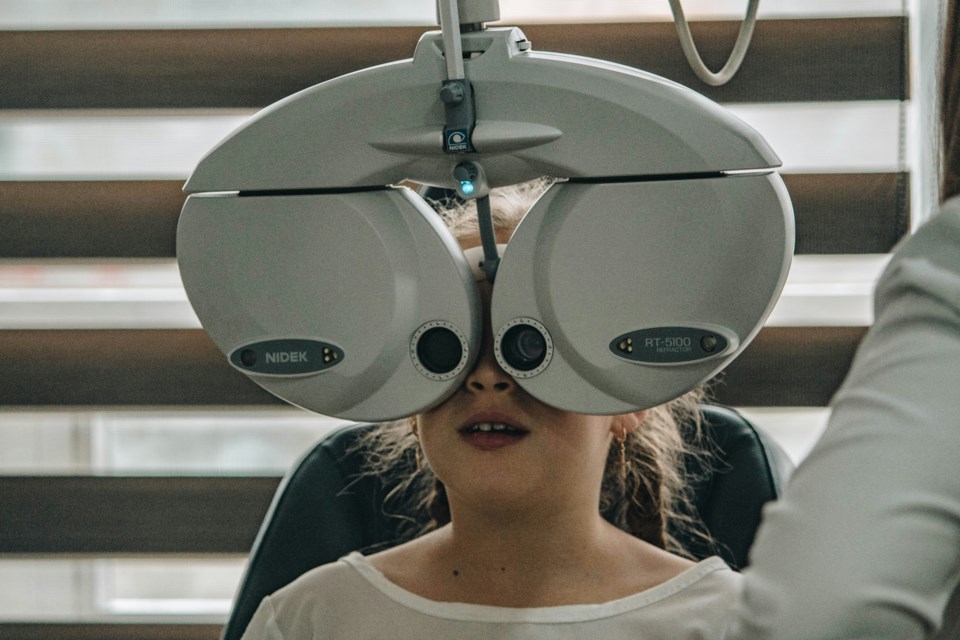Researchers at the University of Colorado Anschutz Medical Campus have received up to $46 million in funding to develop a groundbreaking treatment for blindness.
This grant will support efforts to make whole-eye transplantation a reality, potentially restoring vision for those who are completely blind.
Groundbreaking Eye Transplant Research at CU Anschutz
CU Anschutz researchers have secured up to $46 million in funding from ARPA-H to explore whole-eye transplantation.
The project aims to regenerate optic nerves and improve post-operative care, offering hope for restoring sight in blind patients.
The research team believes advancements in surgery, technology, and regenerative medicine make this possible.
One of the biggest challenges is reconnecting the optic nerve, which is essential for transmitting visual signals to the brain.
Overcoming this hurdle could revolutionize how blindness is treated and provide new possibilities for patients who currently have no options to restore their vision.
Collaboration with Leading Institutions for Major Milestones
CU Anschutz is working with top institutions like Johns Hopkins and the University of Wisconsin on this project.
Their combined expertise aims to not only restore vision but also develop therapies for other conditions, including spinal cord injuries and brain damage.
This collaboration is crucial for reaching major breakthroughs in nerve regeneration.
By pooling resources and knowledge, the team hopes to unlock new treatments for various neurodegenerative disorders.
If successful, this research could transform how we treat nerve damage across the central nervous system.
The Challenge of Restoring Vision Through Eye Transplantation
Current technologies cannot repair the nerve cells necessary for vision, which makes blindness from diseases like glaucoma and macular degeneration irreversible.
Treatments like glasses and cataract surgery do not address damage to the optic nerve or retina, which are critical for vision.
The CU Anschutz team is focused on regenerating these nerve cells to restore sight and prevent further vision loss.
Their work could lead to breakthroughs not just for blindness, but for treating other neurodegenerative conditions as well.



